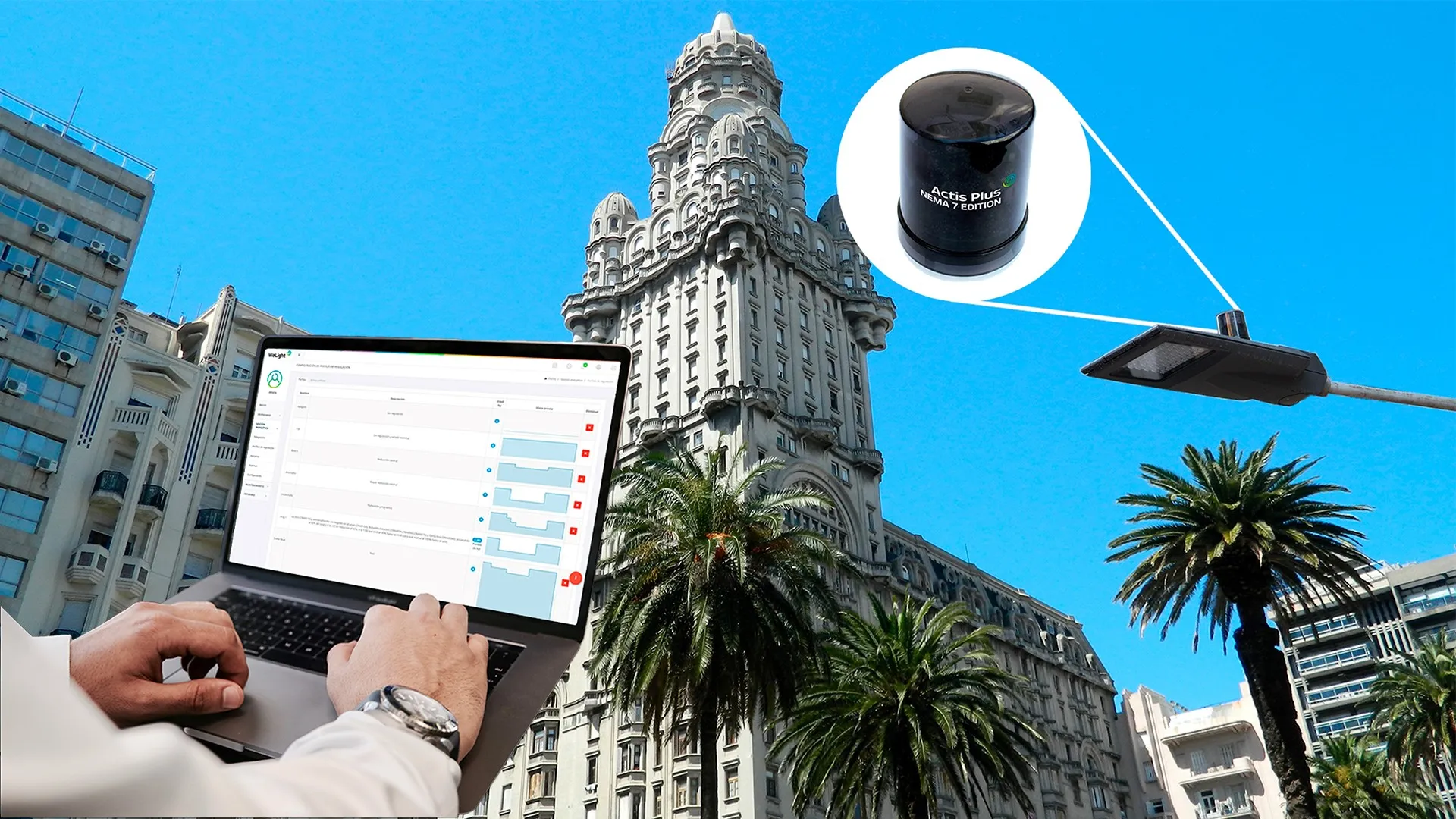Centre of Excellence for low carbon technologies, Cenex, has announced its involvement in the UK’s trial of biomethane-fuelled lorries.
Led by Air Liquide and funded in part by the Office for Low Emission Vehicles in partnership with Innovate UK via the recently launched Low Emission Freight and Logistics Project, the Dedicated to Gas trial will see large fleet operators including Kuehne + Nagel, Wincanton, ASDA, Brit European, Howard Tenens and Great Bear trial the effectiveness of 81 dedicated gas-powered heavy goods vehicles (HGVs).
The five lorries being trialled range from 12 to 44 tonnes and are all new to the UK market. The trial will road test the HGVs across 10 different vehicle configurations, creating a wealth of valuable data on vehicle performance, fuel efficiency, reliability and cost. Trial vehicles running on compressed natural gas (CNG) and liquefied natural gas (LNG) are expected to reduce CO2 emissions by up to 8 per cent, and those run on biomethane can expect to see a 70 per cent reduction in CO2 emissions, compared to a similarly sized diesel HGV.
The trial will also test the effectiveness of a new cryogenic trailer refrigeration technology. The liquid nitrogen cooling system promises to reduce the high energy demands of refrigeration units, further reducing HGVs CO2 and air quality emissions.
The project aims to demonstrate lower-emissions technology innovation into the UK’s logistics industry and HGV fleets, which account for 17% of all UK road transport emissions. Working in partnership with Air Liquide, the project lead, Cenex will manage all data analysis and project dissemination, update a dedicated gas vehicle hub website, and organise informational workshops for participating fleet operators and interested members of the industry.
Cenex announces trial of natural gas-fuelled lorries
Centre of Excellence for low carbon technologies, Cenex, has announced its involvement in the UK’s trial of biomethane-fuelled lorries.
Led by Air Liquide and funded in part by the Office for Low Emission Vehicles in partnership with Innovate UK via the recently launched Low Emission Freight and Logistics Project, the Dedicated to Gas trial will see large fleet operators including Kuehne + Nagel, Wincanton, ASDA, Brit European, Howard Tenens and Great Bear trial the effectiveness of 81 dedicated gas-powe
August 4, 2017
Read time: 2 mins









